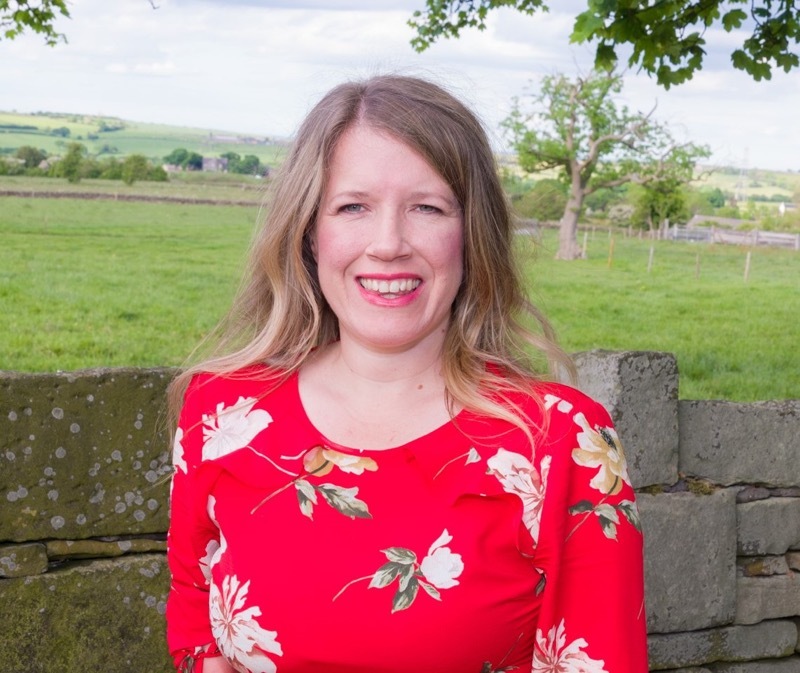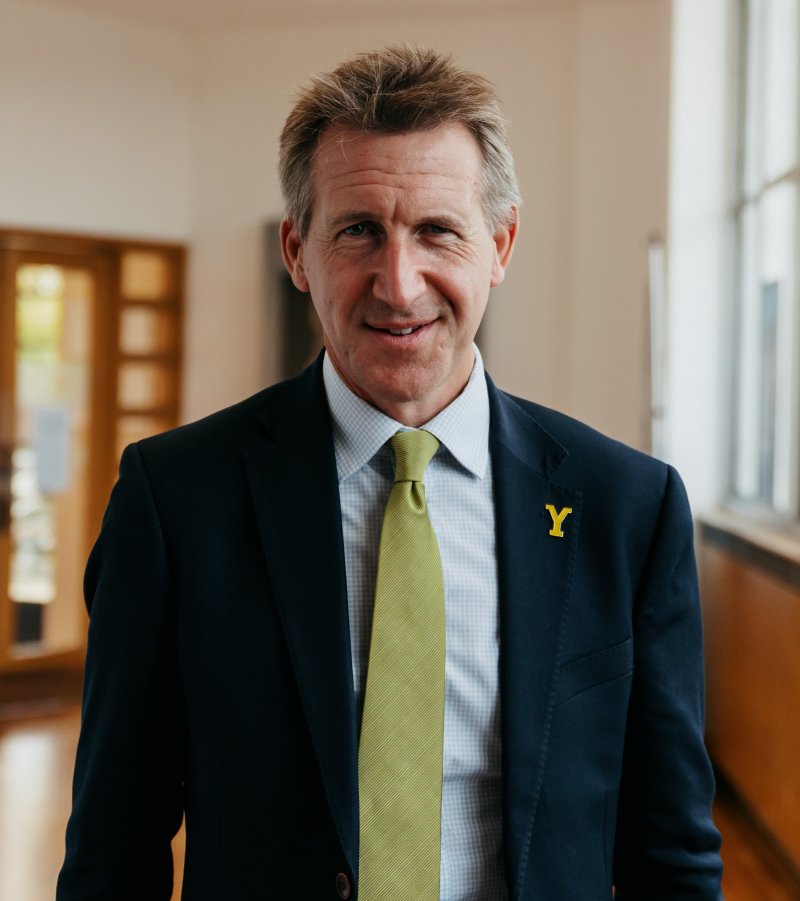IN a historic vote in Parliament last week MPs pushed forward controversial legislation that could see assisted dying become legal - though the representatives of Barnsley remain divided on the issue.
The vote on Friday - which saw the Terminally Ill Adults (End of Life) Bill pass by a majority of only 55 votes - was the first of its kind in ten years after a similar proposal was taken to the House of Lords in 2013.
For this vote Prime Minister Keir Starmer took a neutral position, allowing Labour MPs to decide however they saw fit.
Deputy Prime Minister Angela Rayner, independent Jeremy Corbyn and Reform UK Leader Nigel Farage all voted against the bill, while the Prime Minister found unlikely support with his predecessor Rishi Sunak as both voted in favour.
Locally the picture is similar, with MPs for Barnsley North and Penistone and Stocksbridge - Dan Jarvis and Marie Tidball - supporting the proposal, while MP for Barnsley South Stephanie Peacock opposed.
Steph told the Chronicle: “After careful consideration, I chose to vote against the Terminally Ill Adults (End of Life) Bill.
“I hold no moral objection to the principle of giving mentally competent terminally ill adults more autonomy over when to end their suffering, however, at this stage, I had too many reservations to vote with confidence for the bill.
“I am concerned that the bill may result in a shift towards a feeling that those in need of end-of-life care are a burden on both their families and wider society in the context of our NHS, social care and judicial systems being under immense pressure.
“I have listened closely to those of you who have written to me with personal stories of the suffering experienced by your loved ones and want to thank you for sharing this with me.”
There are still many stages that the bill - which was introduced by Labour MP Kim Leadbeater - must go through before it can be passed into law, including scrutiny by a committee of MPs and being taken before the Lords.
If it does pass in its current form, it will allow terminally ill patients over the age of 18 with six months left to live to have the option to end their life.
Each case will be ruled on by a High Court judge to ensure the patient has the mental capacity to make the decision, and while a doctor would prepare the substance being used to end the patient’s life, the patient would have to administer it themselves.
Marie, who is disabled, gave an impassioned speech in Parliament last week during the debate, bringing up the time when she was six years old and begged her parents to let her die.
She went on to say: “This decision has been one of the hardest that I have had to make.
“In my career in disability law and policy, I chose not to focus on debates about whether disabled people should be born or whether we should die - instead, I focused on enabling disabled people to live better, more fulfilling lives.
“I found myself voting in a way that I thought I never would. I voted in favour of moving the bill to the next stage of the legislative process.
“That’s been a difficult journey for me.
“In reflecting on my own early life, one moment from my childhood stood out.
“When I was six years old, I had a major surgery on my hips - I was in body plaster from my chest to my ankles, in so much pain, and requiring so much morphine, that my skin began to itch.
“I remember vividly laying in bed in Sheffield Children’s Hospital and saying to my parents ‘I want to die, please let me die’.
“I needed to escape from the body that I was inhabiting.
“That moment has come back to me all these years later.
“That moment made clear to me if this bill was about suffering, I would not vote for it.”
Dan added: “My decision is guided by the belief that the law shouldn’t stand in the way of people with terminal illnesses deciding how and when their lives end, provided there is informed consent and a rigourous process to protect vulnerable people.
“That’s why I supported the bill, because it contains such safeguards like a second, independent doctor required to assess a patient’s mental capacity and settled wish to end their life based on a decision that is entirely their own.
“The guidance for doctors in these situations would come from the General Medical Council and, of course, the person can change their mind at any time.
“Furthermore, breaking these safeguards by pressuring another person to end their life, however slight, would be a serious offence and carry up to 14 years’ imprisonment.
“I was also guided by the belief that, frankly, assisted dying is already accessible to UK residents if the family of a loved one has the means to travel abroad for it.
“For instance, people may already be aware of British patients who have travelled to clinics in Switzerland to end their lives, in a process that costs thousands of pounds.
“Therefore, the current situation is profoundly unjust for those without means who wish to end their lives - having to suffer in agony for the time they have left.”


























